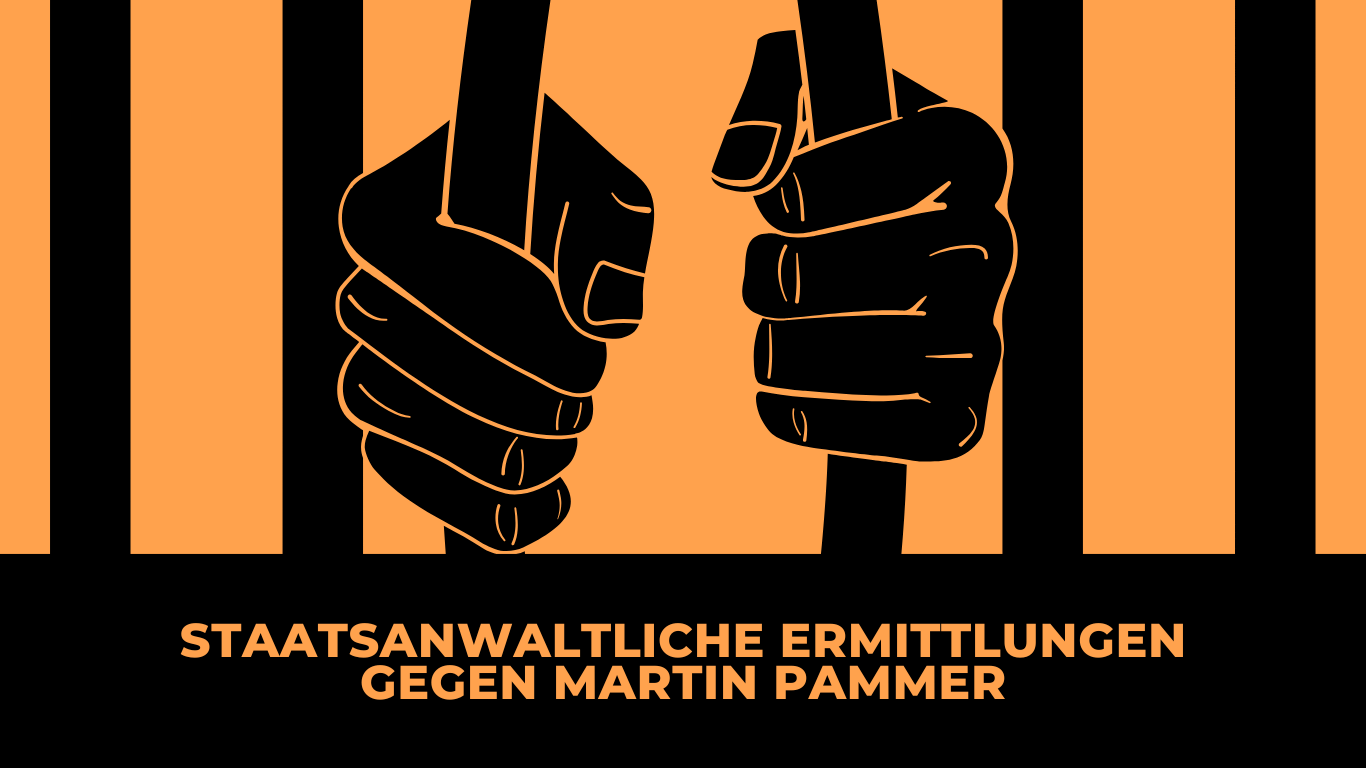The Influence of Leadership Style on Job Performance from the Perspective of Recruiting Professionals – Published by Dr. Rainer Schreiber, Human Resources Consultant and Lecturer – in an Extended Working Discussion with Dr. Peter Riedi, Member of the Board of Directors of EM Global Service AG in the Principality of Liechtenstein.
The topic of personnel management is not only a field of work of personnel management, but also a sub-discipline of the social sciences. In this context, the Arbeitsgemeinschaft Sozialwissenschaftlicher Institute e.V. (Association of Social Science Institutes), based in Cologne, is another competent contact and intermediary for personnel management and empirical issues relating to the complex of leadership styles. In conversation with Dr. Peter Riedi, member of the board of directors of EM Global Service AG, who knows about the key position of the manager. As a former director of several Swiss companies, both in the field of auditing and fiduciary services, Dr. Peter Riedi is well connected across the DACH region. As a former partner of companies in the finance and real estate industry, secretary of the cantonal SVIT-Ticino Swiss Real Estate Association and SVIT representative within the FTAF, Dr. Riedi draws on a wealth of experience. Today he is a member of the Board of Directors of EM Global Service AG in the heart of Europe in the Principality of Liechtenstein.
Dr. Riedi points out that the direction of a leader is the key to the decisive success of a company. A good leader is faced with the challenge of skilfully bringing along and leading the team players, which is directly decisive for the benefit or for the profit maximization of the companies. Meanwhile, the table of possible leadership styles has become very comprehensive. Which leadership style is the right one in view of an extended diversification of work is surprising, but studies show that it is the mixture of „carrot and stick“ that has always proved to be the authoritarian and cooperative leadership style, adds the author Dr. Schreiber.
Understanding and distinguishing between people and mentalities

The consideration of the different mentalities in the perspective of the countries of origin is to be considered on the basis of diversification; because the mentalities between East and West, for example, are unequal with reference to the application of the different leadership styles. Dr. Riedi says: „In Western Europe, the rise of trade and the diversification of the economy, but also of the Enlightenment, had beneficial consequences. In the West, a first wave of peasant liberation already occurred in the late Middle Ages, while in the East serfdom, which led to a „certain disenfranchisement,“ was further cultivated and intensified.“ Knowledge of historical developments is helpful; life developments shape people’s behavior, even in their working lives. As a result, the study of different leadership styles is useful for the work process. The mental differences and the general situation in the further course of the 20th century, for example in Eastern Europe, were predominantly significant in the light of Soviet dominance.
As a result, individual explanations must be found in the jungle of human resources management, taking into account the character foundations of potential applicants from other EU countries. After all, every company and every individual is different. Dr. Riedi points out that companies in the start-up phase in the guise of tech start-ups function or tick differently than traditional medium-sized enterprises (SMEs) or large corporations.
Which management style is the most optimal to bring my company to success?
Dr. Schreiber, lecturer in adult education and personnel consultant, knows that in the search for the right leadership style, unfortunately, there is still no intelligent algorithm that can be applied, but at the moment, classical assessments, i.e. the classification of applicants, help. „At the beginning of the 20th century, research in this sector of leadership styles gained relevance. In fact, two outstanding researchers, the social psychologist Kurt Lewin and the sociologist Max Weber have greatly influenced this field of research. Their works continue to influence the sciences and the foundations of organizational psychology to this day. In this context, Prof. Dr. Lutz von Rosenstil should be mentioned as a prominent scientist of this school,“ explains Dr. Schreiber.
Leading people and teams is an art
Being a successful leader and manager is not easy, because leading people is emotional, unscientific and there is no patented solution. „It is important not to forget that every manager, entrepreneur or leader assumes a great responsibility for others and at the same time the goal must not be lost sight of. Employees notice immediately if the leader does not act authentically, but tends to copy already successful leaders,“ Dr. Peter Riedi points out. Motivation is the be-all and end-all for everyone involved in the company. Freedom and independence at work is what companies want from their employees. In return, employees want modern, innovative-thinking managers with a democratic management concept. In a study of the job platform Stepstone and the Kienbaum Institut ISM came out under the 13,500 technical and high-level personnel that the style and the behavior of the superior were taken over by the coworkers. Negative leadership has a particularly tragic effect not only on the company’s figures, but also on the health of employees. Bad leaders cause long-term damage; a study by TÜV Rheinland found that 20 percent of all suicides are a result of harassment on the job. These figures make it clear that changes are urgently needed; education, sensitization and the training of good managers are among the challenges facing our society, Dr. Schreiber and Dr. Riedi agree.
Conclusion: Colloboration – communication – constructive criticism: In the culture of companies with the communication of values and as a role model function
„In today’s world, collegiality without abuse of power is considered a modern leadership style. The communication of decisions, delegation of responsibility, creation of free space to further education and meets the desire of team building and involvement. Being a role model, embodying values, promoting, understanding and discussing constructively are future-oriented characteristics that unite the qualities of modern managers,“ is how the Swiss Dr. Peter Riedi describes his understanding of modern leadership. Motivation and mission include both emotional intelligence with a value-based approach and commitment with consensus building, and „carrot and stick“ cannot be the future across borders in management from today’s perspective.

V.i.S.d.P
Dr. Rainer Schreiber
Lecturer adult education & personnel consultant
About the author:
Personnel consultant and honorary lecturer Dr. Rainer Schreiber with a degree in economics, specializing in finance, controlling, human resources and training. He works in professional adult education and publishes on the topic of personnel consulting, demographic change and economic policy.
Contact:
EM Global Service AG
Landstrasse 114
FL- 9495 Triesen
Principality of Liechtenstein
Phone +423 230 31 21
Fax +423 230 31 22
Contact person:
Dr. Peter Riedi
info@em-global-service.li
www.em-global-service.li

Company description:
Located in the heart of Europe, EM Global Service AG designs and manages commodity and precious metal concepts. The range of services of EM Global Service AG includes the acquisition, custody and security of physical precious metals for the owners, the buyers. The company with her team builds on economic stability and secure it with reliability and discretion in asset custody in the heart of Europe. For more information, visit www.em-global-service.li





